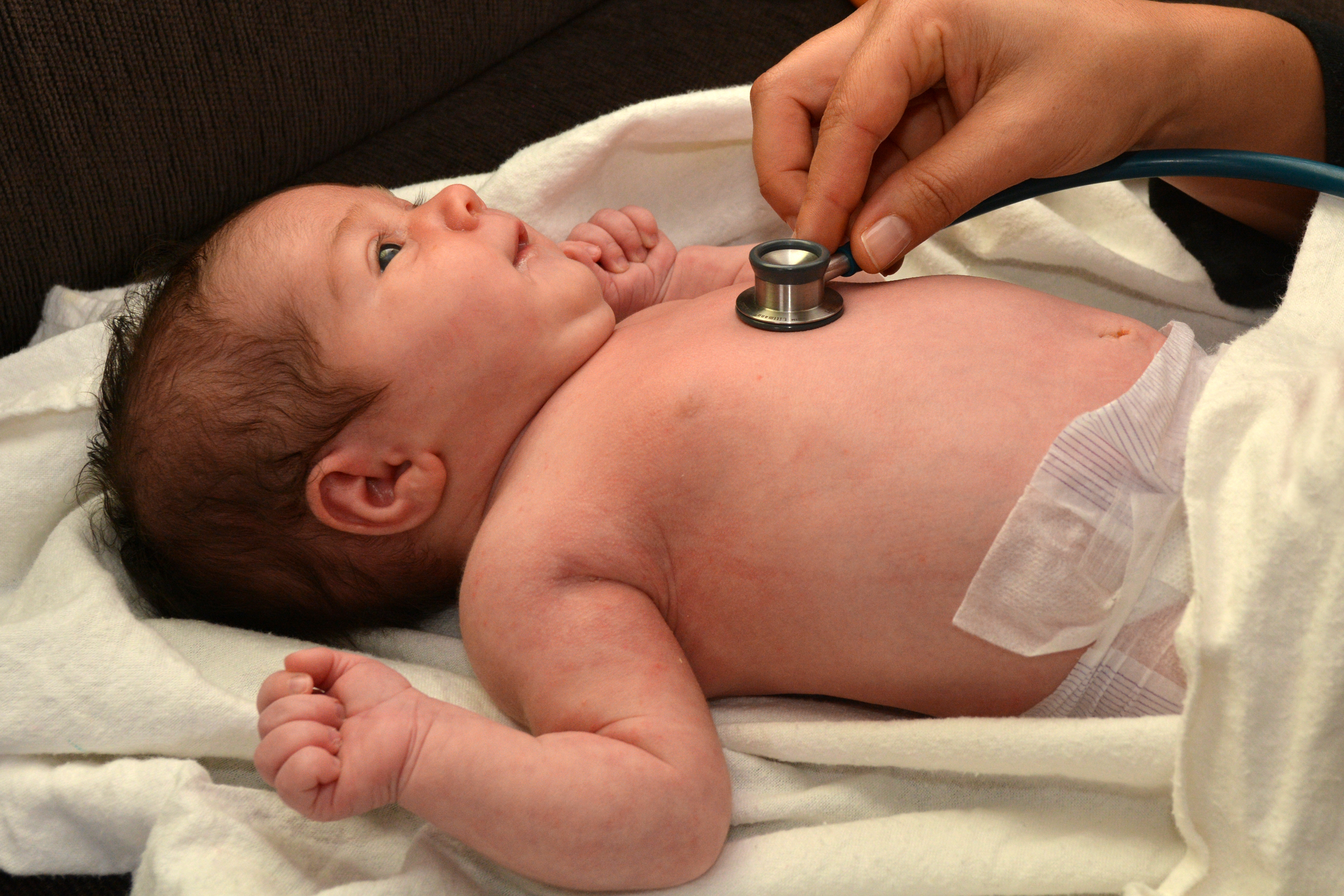New Faster, More Reliable CF Screening Test for Newborns Being Developed at Stanford

Researchers at Stanford University School of Medicine developed a highly sensitive, specific, rapid and cost-effective assay for cystic fibrosis (CF) screening in newborn babies. The research article detailing the development and performance of the new assay, “Next-Generation Molecular Testing of Newborn Dried Blood Spots for Cystic Fibrosis,” was published in The Journal of Molecular Diagnostics.
CF is a chronic and life-threatening disease that affects the respiratory and digestive systems, and is caused by mutations in the CFTR gene. The CFTR protein acts as a chloride channel, transporting chloride ions across cell membranes, leading to the production of mucus that protects, for example, the lining of airways. Mutations in the CFTR gene lead to deficient chloride ion transport and, consequently, obstruction of airways and glands, and deficient lung and pancreatic function. For the disease to develop, a child must inherit two deficient CFTR copies, one from each parent.
Newborns in all U.S. states have been tested since 2010 for CF, but the tests have limitations. Besides being time-consuming, they do not cover the entire CF gene. A child’s blood is first screened for trypsinogen, an enzyme that is elevated in CF but can also be higher due to other reasons, such as only one defective gene copy. Because most infants with high trypsinogen will not develop CF, the screening is then complemented by genetic testing for CFTR mutations.
However, in the state with the most comprehensive screening of mutations, California, only 40 are tested, despite the fact that more than 2,000 CF gene mutations are known. Only when one common mutation has been identified is the entire CF gene sequenced to look for another, less common mutation. This process has downsides, such as taking two weeks to complete and possibly missing CF in infants with two rare CF mutations.
Stanford scientists developed a one-step assay that detects CF mutations that may appear in the entire gene, in about half the time currently required, at a lower cost, and with much less DNA. The team developed a new way to extract and reproduce many CF gene copies from dried blood spots collected on cards from newborns for disease screening. The entire CF gene is then completely sequenced.
The new screening assay will need validation studies to show that the test can maintain its reliability in a large-scale clinical setting. California officials can then decide if it should replace current tests.
Researchers believe that this screening assay can also be developed for other genetic diseases. “Ultimately, we would like to develop a broader assay to include the most common and most troublesome newborn conditions, and be able to do the screening much faster, more comprehensively and much more cheaply,” said the study’s senior author, Dr. Curt Scharfe, MD, now associate professor of genetics at the Yale School of Medicine, in a Stanford news release.







